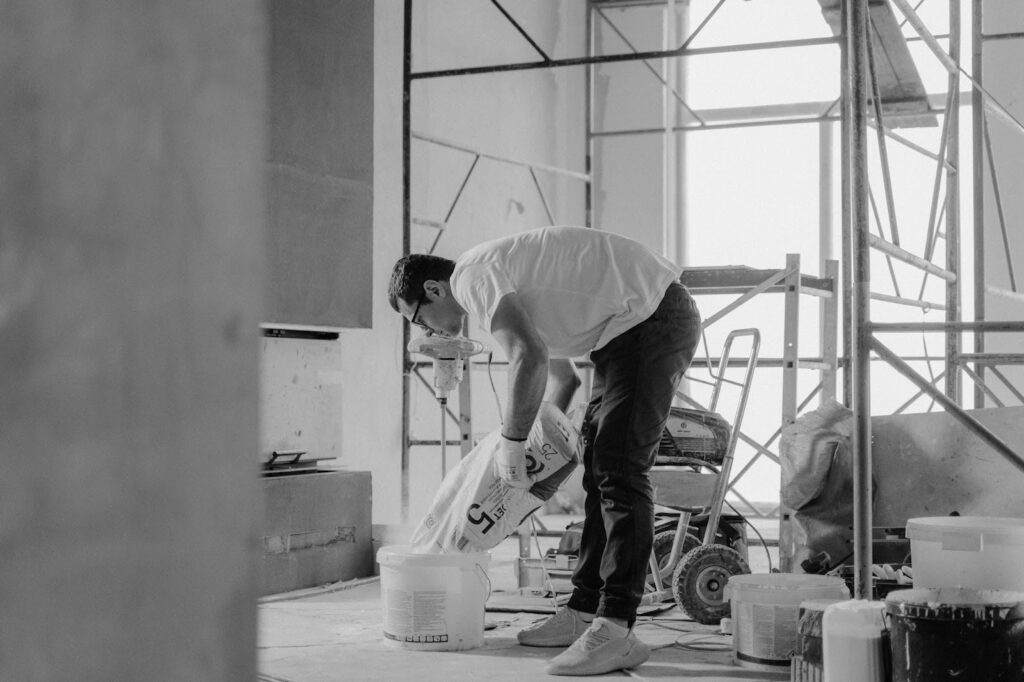Divorce is an emotional rollercoaster that can upend every aspect of your life. It’s a period marked by significant changes, challenges, and, often, deep emotional pain. However, it’s also a time for reflection, growth, and healing. While the path through divorce varies for everyone, there are universal strategies that can help anyone navigate this difficult time with grace and resilience. This article will explore practical steps and emotional strategies for coping with divorce, healing from its wounds, and moving forward into a hopeful future.
Understanding the Emotional Impact
Accepting Your Feelings
The initial phase of a divorce can unleash a torrent of emotions ranging from sadness and anger to relief and confusion. It’s crucial to accept these feelings as a natural response to loss. Trying to suppress or deny your emotions can prolong the healing process. Instead, allow yourself to feel whatever comes up, knowing that these emotions are temporary and part of the journey towards healing.
Seeking Support
Divorce can feel isolating, but you don’t have to go through it alone. Reach out to friends and family who can offer emotional support. Consider joining a support group where you can share your experiences and learn from others who are going through similar situations. These connections can provide invaluable understanding and encouragement.
Navigating the Healing Process
Creating a New Routine
One of the most challenging aspects of divorce is the disruption to your daily life. Establishing a new routine can provide a sense of normalcy and stability. Start with small changes, like adjusting your living space to reflect your new beginning or adopting new hobbies that bring you joy and fulfilment.
Prioritizing Self-Care
Self-care is essential during this time. This means taking care of your physical health through diet, exercise, and sleep and nurturing your mental and emotional well-being. Practices like meditation, journaling, or time in nature can be incredibly healing.
Engaging in Professional Support
Sometimes, the best way to navigate the complexities of divorce is with the help of a professional. A therapist or counsellor specializing in divorce can offer strategies tailored to your situation, helping you to process your emotions and develop coping strategies. For those seeking more personalized guidance, coaching can be a powerful tool. For instance, visiting coach-brad.com/about can provide insights into how coaching can support your journey through divorce, offering one-on-one sessions focused on personal growth and overcoming challenges.
Moving Forward
Embracing Change
Divorce, while painful, offers an opportunity for profound personal growth and self-discovery. Embrace the changes in your life as a chance to redefine who you are and what you want from your future. This might mean exploring new interests, reevaluating your career goals, or simply learning to enjoy your company.
Rebuilding Your Life
As you start to heal, you’ll make decisions about your future. This can be both daunting and exciting. Take it one step at a time, setting small, achievable goals for yourself. Whether pursuing a new career path, travelling, or improving your health, focus on what brings you happiness and fulfilment.
Fostering New Relationships
When you’re ready, opening yourself up to new relationships can be a significant step in moving forward. This doesn’t necessarily mean romantic relationships—it can also include new friendships or strengthening existing ones. Engaging in social activities, taking classes, or joining clubs can provide opportunities to meet new people who share your interests.
Conclusion
Coping with divorce is a deeply personal and often challenging process, touching every part of your being. It involves facing many emotions, adjusting to significant life changes, and eventually finding a way to move forward. By accepting your feelings, seeking support from loved ones or professionals, and taking proactive steps towards healing and self-care, you can navigate this difficult time with resilience and grace. Remember, it’s about moving on from your past and embracing a new and hopeful future with open arms. With patience, compassion for yourself, and the right strategies tailored to your unique journey, you can rebuild a life filled with happiness, fulfilment, and new beginnings. This path may not be easy, but it is filled with potential for growth and transformation, leading you towards a stronger, more fulfilled version of yourself.








